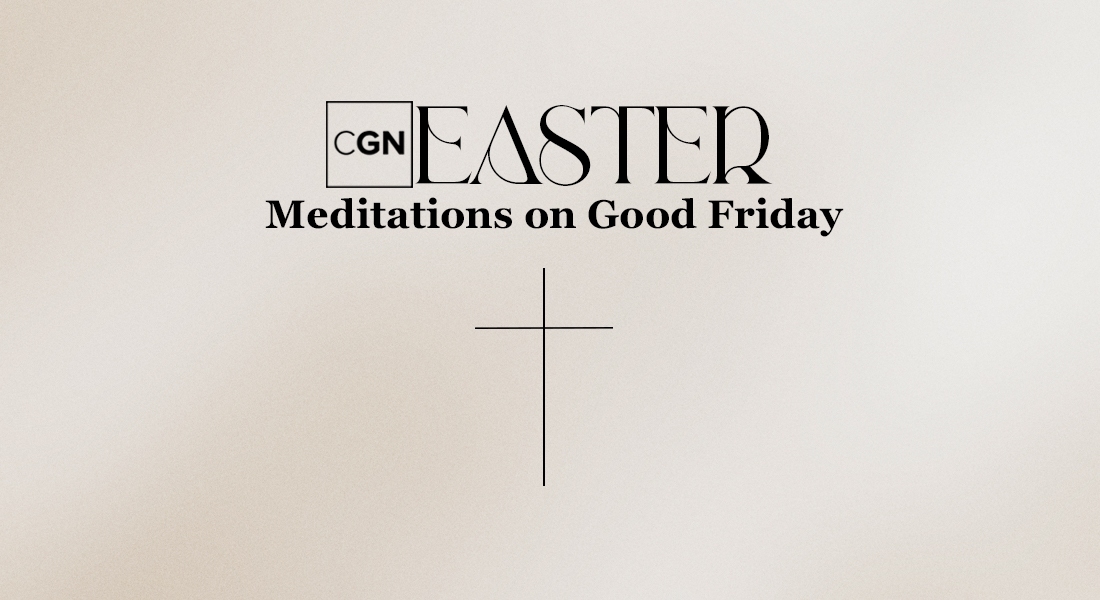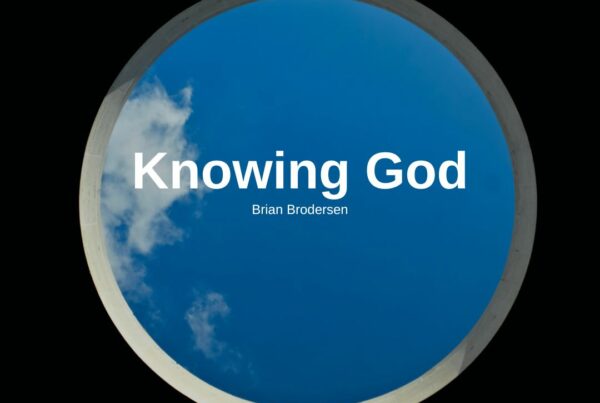
“Christ died for our sins according to the Scriptures, that he was buried, that he was raised on the third day” (1 Corinthians 15:3-5).
Good Friday didn’t seem so good when it occurred. Jesus was beaten and bloodied. He had been falsely accused and unlawfully tried. He was sentenced to a criminal’s death without having committed any legal offense. He was condemned but at the same moment a sinister insurrectionist and murderer was released from captivity. Jesus, the friend of sinners, was ridiculed and then bludgeoned by the religious leaders, mocked and humiliated by Herod, interrogated by Pilate, rejected by the Jews, spit upon and tormented verbally by the crowds, and then scourged and crucified by the Romans. How can any of this be good?
On the cross, as He breathed His final breath, Jesus cried out one word and then died. This singular word meant a lot to artists and to those in the financial industry of Jesus’ day. In John 19:30, Jesus called out tetelestai!. The word means “IT IS FINISHED!” Artists who finished their works would often use this word just as their final stroke was completed. When a debt was finally paid off, the word tetelestai would be written on the invoice, much like the stamp many offices use that declares “PAID IN FULL”. Through the incarnation, His perfect life, and His suffering for us on the cross, Jesus became our perfect substitute. Christ is our atoning sacrifice, without blemish (Hebrews 9:11-10:18). He has saved us from the wrath of God (Romans 5:9), and has provided the only means of justification through His blood (Romans 3:24-25). Jesus died once – for all – and His death is sufficient to save. Nothing else must be done to add to the work that Christ accomplished.
Why is Good Friday good? Because this is the day that the power of sin was forever broken. This was the day that the wrath of God was appeased through the finished work of Christ at Calvary. The law was fully and finally fulfilled and upheld in perfection, even as our sin was imputed to the Son. In the midst of the evil, injustice, wrath, torment, suffering, pain and death, something intended for our greatest good was accomplished when Jesus cried out IT IS FINISHED. He didn’t say, “I AM FINISHED”. No, but the work He came to do was completed. Let’s praise God for the finished work of Christ on our behalf and follow Him with joy!


“When God becomes man in Jesus of Nazareth, he not only enters into the finitude of man, but in his death on the cross also enters into the situation of man’s god forsakenness. In Jesus he does not die the natural death of a finite being, but the violent death of the criminal on the cross, the death of complete abandonment by God. The suffering in the passion of Jesus is abandonment, rejection by God, his Father. God does not become a religion, so that man participates in him by corresponding religious thoughts and feelings. God does not become a law, so that man participates in him through obedience to a law. God does not become an ideal, so that man achieves community with him through constant striving. He humbles himself and takes upon himself the eternal death of the godless and the godforsaken, so that all the godless and the godforsaken can experience communion with him.” -Jürgen Moltmann
Every spring I find myself returning to this quote to help me plumb the depths of the significance of the Cross of Christ. That God would become man and willingly suffer and die is unique to the Christian witness and in itself powerful. But Moltmann here pushes us beyond the fact of the death of Christ to consider the reason for Christ’s death. Christ died for what? For who? Christ died for the ungodly…for the godforsaken. In the death of Christ God bridged the divide that he did not make, healed the wound he did not inflict, restored what he had not broken; and he did this on behalf of those who were responsible for those things. The death of Christ therefore is more than divine humility or even devine sympathy. It is divine love. Divine unfathomable love.


The good news of Good Friday is that “It is finished!” (John 19:30) As a result of what Jesus accomplished in his life, death, and resurrection, we can rest from our labors of trying to justify ourselves, and we can revel in hope, because not only were our sins imputed to Jesus, but his righteousness was imputed to us.
This is what it means when it says: “For our sake, He (God) made Him (Jesus), who knew no sin, to be sin on our behalf, so that we might become the righteousness of God in Him” (2 Corinthians 5:21).
It’s the most astonishing exchange of all time: for those who receive Him (John 1:12), all of your sinfulness was placed on Him, and in return all of His righteousness was accounted to you.
Jürgen Moltmann puts it this way in his book, The Crucified God:
“When God becomes man in Jesus of Nazareth, he not only enters into the finitude of man, but in his death on the cross also enters into the situation of man’s godforsakenness. In Jesus he does not die the natural death of a finite being, but the violent death of the criminal on the cross, the death of complete abandonment by God. The suffering in the passion of Jesus is abandonment, rejection by God, his Father. God does not become a religion, so that man participates in him by corresponding religious thoughts and feelings. God does not become a law, so that man participates in him through obedience to a law. God does not become an ideal, so that man achieves community with him through constant striving. He humbles himself and takes upon himself the eternal death of the godless and the godforsaken, so that all the godless and the godforsaken can experience communion with him.”
Moltmann goes on to say: “God weeps with us so that we may one day laugh with him. May Holy Week be for you a time filled with reflection upon, appreciation for, and response to what Jesus did for you on Calvary; the ultimate expression of God’s love for you.”








